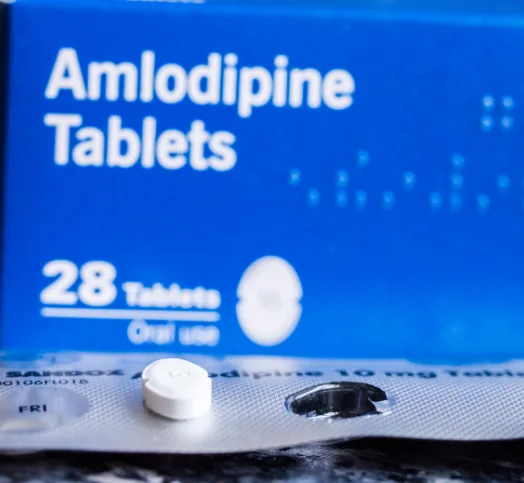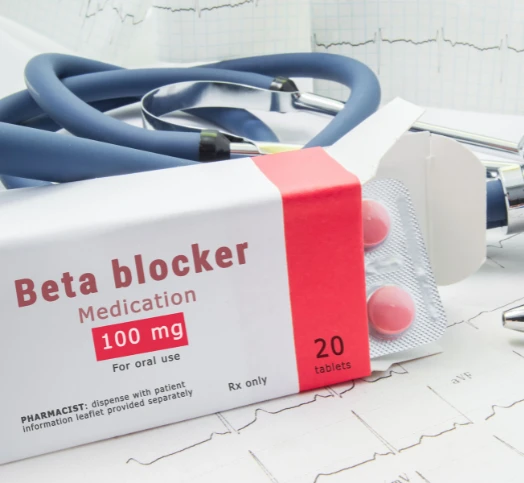Dizziness is a seemingly innocuous sensation that can leave us disoriented, unsteady, and anxious. While a momentary bout of dizziness may be harmless, it’s essential to recognize that it can also be a sign of an underlying health issue. In many instances, dizziness arises from vertigo, a perception of body movement or surroundings. Its origins can be traced to central or peripheral factors, and unraveling the precise cause can pose challenges. In this article, we’ll delve into the world of dizziness, exploring its various causes and associated symptoms, and focus on some cardiovascular causes warrant exclusion.

What is Dizziness?
Dizziness is a feeling of lightheadedness, unsteadiness, or a false sensation of spinning or movement, even when you’re not moving. It can manifest in different ways, such as feeling woozy, off-balance, or as if the room is spinning around you. Dizziness may be accompanied by nausea, sweating, or a sense of impending fainting.
Dizziness and vertigo are frequently interchanged; however, it’s crucial to emphasize that there exists a notable difference between the two.
Vertigo: Vertigo is a type of dizziness characterized by a false sense of spinning or movement, even when stationary. It feels as if you or your surroundings are rotating or swaying, and it can be accompanied by nausea, vomiting, sweating, and difficulty maintaining balance. Vertigo is often related to problems in the inner ear, such as benign paroxysmal positional vertigo (BPPV), Meniere’s disease, vestibular neuritis, or labyrinthitis.
Common Causes of Dizziness
- Inner Ear Disorders: Conditions affecting the inner ear, such as benign paroxysmal positional vertigo (BPPV), labyrinthitis, or Meniere’s disease, can disrupt the body’s balance and cause dizziness.
- Low Blood Pressure: Sudden drops in blood pressure, especially upon standing up (orthostatic hypotension), can lead to dizziness.
- Dehydration: Insufficient fluid intake can cause a drop in blood volume, leading to dizziness
- Anxiety and Stress: Emotional stress or anxiety can trigger dizziness through the body’s “fight or flight” response.
- Medications: Some drugs, like certain blood pressure medications or sedatives, can cause dizziness as a side effect.
- Heart rate and rhythm disorders can cause dizziness and a feeling of faintness or lightheadedness. In some cases, there may be a complete blackout. Further tests are essential to assess the heart rate and check for potential conduction issues affecting the heart’s electrical wiring. The heart has a complex system of wires and cables that transmit electrical stimuli to maintain its continuous beating. Issues known as heart block (of which there are a few varieties) can cause delays in electrical signals reaching their target and, therefore, a momentary pause in the heartbeat and a near or complete blackout. To understand this process better, visit our dedicated heartworks page from the menu.
Dizziness, with its disorienting steps, can sow seeds of anxiety and fear within us. Though often passing swiftly, it opens doors to a realm of potential causes and investigations that merit consideration.
In the video, we witness the intricate process of normal conduction signals and the interconnected wiring responsible for orchestrating our heartbeats. The electrical stimuli originate from the sinus node and navigate through a specialized tissue called the AV node, bridging the atria and ventricles. Subsequently, these signals travel down the left and right bundles of fibers. However, under certain circumstances like medical conditions or medication interactions, these signals may become compromised, leading to potential issues such as slowed or misfiring signals, culminating in various degrees of heart block. This disruption can result in near fainting or even blackouts, underscoring the importance of understanding and managing heart health.
Symptoms Associated with Dizziness
Aside from the sensation of spinning or lightheadedness, dizziness can come with other symptoms, including:
- Nausea or vomiting
- Feeling faint or on the verge of fainting
- Blurred vision
- Hearing disturbances or ringing in the ears (tinnitus)
- Headache
- Weakness or fatigue
When to Seek Medical Attention
In most cases, dizziness is not a cause for alarm and resolves independently. However, there are situations when medical attention is necessary:
- Severe or Sudden Onset: If dizziness is sudden, severe, or accompanied by a head injury, seek immediate medical care.
- Prolonged Dizziness: If dizziness persists for an extended period or occurs frequently, consult a healthcare professional.
- New or Worsening Symptoms: If dizziness is accompanied by slurred speech, numbness, weakness, or difficulty walking, it could indicate a more serious condition, and medical attention should be sought promptly.
- Pre-existing Medical Conditions: If you have pre-existing medical conditions, such as heart disease, diabetes, or neurological disorders, any new dizziness episodes should be evaluated by a doctor.

Cardiac technologist connecting a patient to a 24-hour Holter monitor. This device aids in tracking heart rhythms and identifying potential irregularities for accurate diagnosis and personalized treatment.
Preliminary Investigations that may be useful
If you are experiencing dizziness, your doctor may perform several tests to identify the underlying cause. Some of the preliminary cardiac tests they may choose to conduct include an electrocardiogram (ECG), which records the electrical activity of your heart, a Holter monitor that continuously records your heart’s activity over 24 to 48 hours, and an echocardiogram to assess your heart’s structure and function. Additionally, prolonged monitoring or an implantable loop recorder might be used to capture intermittent arrhythmias. A brain CT or MRI scan may be recommended to rule out any brain-related issues. Furthermore, scans of the neck, specifically carotid arteries, might be conducted to assess blood flow. These tests help your doctor gain valuable insights into your condition, enabling them to determine the most appropriate course of action for managing and addressing your dizziness effectively.
Conclusion
Dizziness is a common and often transient sensation resulting from various factors. It is often not a cause for concern. It can be managed with lifestyle adjustments and self-care—however, persistent or severe dizziness warrants medical evaluation to determine its underlying cause. Listen to your body and seeking medical advice when necessary is essential. By understanding the potential causes and associated symptoms of dizziness, you can better navigate this discomfort and prioritize your well-being.










